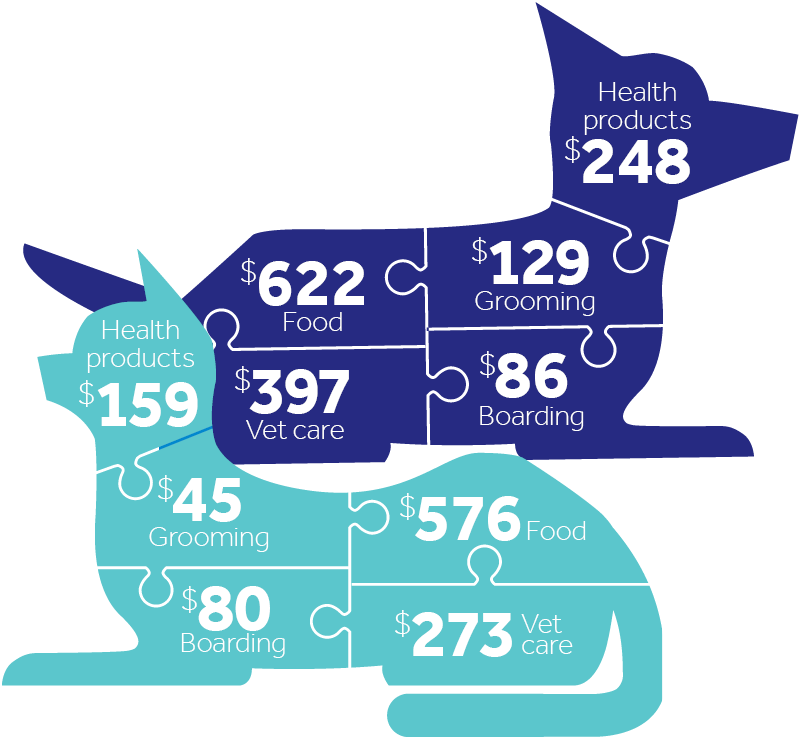Affording Your Pet's Care
- Katie Taylor, MA, CVPM

- Jul 11, 2019
- 3 min read
Updated: Jun 17, 2024
For our own healthcare, health insurance premiums offset our out-of-pocket costs at the time of service. But is pet medical insurance right for your pet? This article should help you decide, and to make plans to afford your pet's care.
Pet Medical Insurance
There are three different types of pet health/medical insurance.
A Preventive policy, which covers a percentage of your cost for treatments that prevent disease such as wellness exams, parasite control, spay/neutering, and dental cleanings.
An Injury/Illness plan, which pays a percentage of your cost for treatments in case of an unforeseen medical issue such as stomach upset or a sprained leg.
The third plan is a combination of both coverage plans; typically you will purchase a "rider" for the preventive care portion.

What to ask when shopping for pet insurance
Does the policy cover "hereditary" or "breed-specific" illnesses? If you have a breed that is prone to certain health issues, you should consider a plan that covers them. Not all of them do- they consider breed-related illnesses to be "pre-existing" conditions, which are usually excluded for any pet medical plan coverage.
Does the premium increase as your pet ages or if you submit a lot of claims during the year?
Also, it's important to be aware that:
Insurance policies for pets work differently than human plans. They do not work directly with medical providers, so you must pay for services first, then submit a claim for reimbursement.
There is a waiting period, typically for about 2 months after you purchase your plan, before you can submit a claim.
Most pet insurance companies do not cover pre-existing conditions. If your pet has a chronic health issue, your pet insurance company may not cover the costs if the problem started before you bought the policy.
So, should I get a plan?
For kittens and puppies, a preventive care plan makes good sense, especially if your puppy or kitten is not yet neutered or spayed. If your deductible (the amount you must pay before insurance kicks in) plus your premiums are less than the cost of your pet's neuter or spay, exams, all vaccines they will need, de-worming and microchipping, then it is a no-brainer.
For adult pets, a plan with a high deductible and a low premium ensures that if your pet ever gets very ill or injured and needs intense treatment, you will be able to provide it.
Which Provider Should I Choose?
The pet insurance marketplace is a crowded space. At this time there are more than 15 providers of pet medical insurance. To make an informed decision, you will need to review policies side-by-side with customized quotes in hand. Additionally, you may want to see how satisfied their customers are. www.Petinsurancereview.com can be helpful there. Their website hosts reviews from insurance customers and breaks down coverage, deductibles, and the range for premiums.
Care Credit
The credit card company Care Credit offers a special credit card for health services. Your dentist, dermatologist, optometrist and your veterinarian all accept care credit. Care Credit offers payment plans that are interest free for 18 months, as long as you pay on time and finish all payments at the end of the period. Sound too good to be true? They are able to offer this deal because they charge the doctor's office a fee for every transaction. Also, it does require a credit check, like any credit card.
Scratchpay
Installment programs (think Klarna, afterpay) have reached Veterinary care with Scratchpay. It requires a "soft" credit check for approval meaning it will not have long-term effects on your credit score, and it provides plans with no interest. By using Scratchpay you can pay your Veterinary bills over time without accruing interest.




Comments